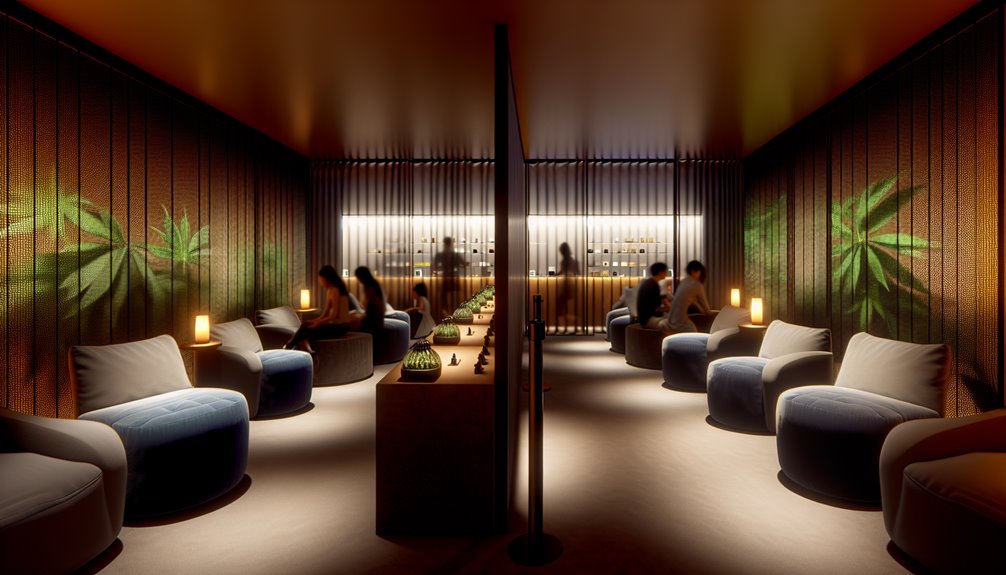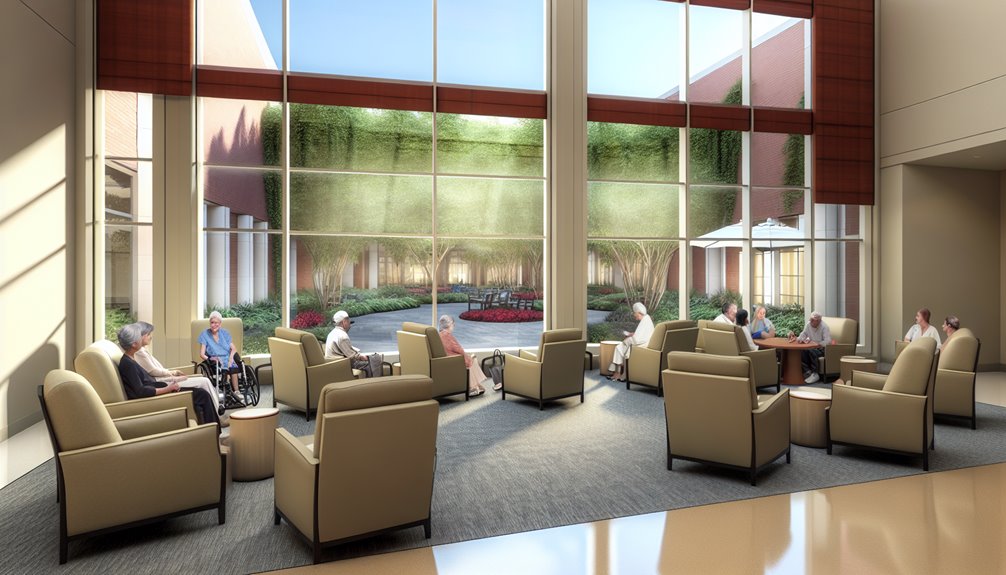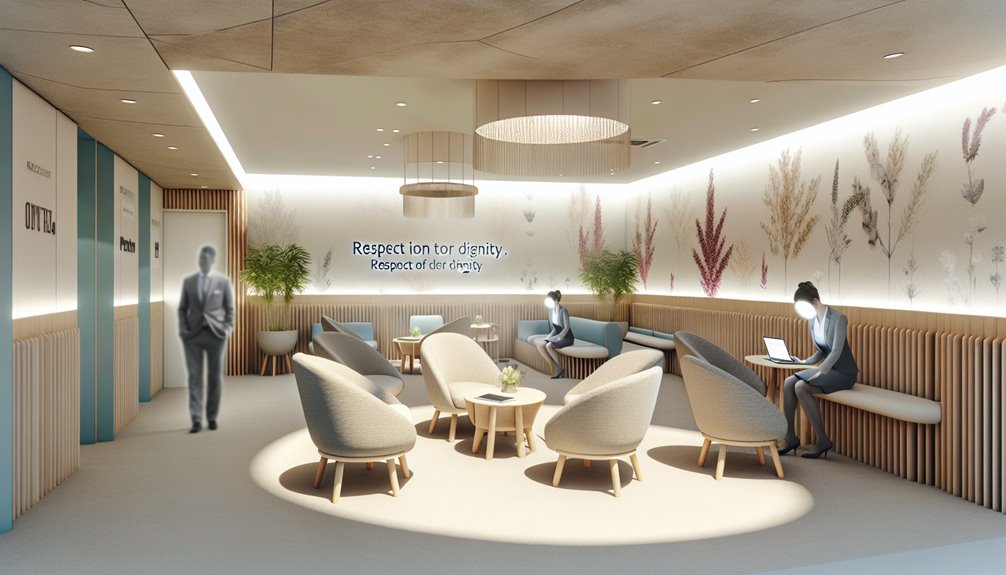You weigh the benefits of on-site consumption lounges for medical users against privacy and compliance risks. You consider how visible use, incidental surveillance, and data collection could expose patients to stigma or discrimination. You assess ADA access, ventilation, and staff competency, while mapping HIPAA-adjacent expectations in non-clinical settings. You prioritize minimal data, private ingress, consent protocols, and retention limits—yet you still need a clear, enforceable framework that withstands audits and community scrutiny.
Why Consumption Lounges Matter for Medical Cannabis Users

When you evaluate on-site consumption lounges, focus on how they provide compliant, supervised spaces for medical cannabis use that reduce public-use violations and protect patient confidentiality. You prioritize structured operations: age-gated entry, patient verification, trained attendants, and incident reporting. You implement clear dosing rules, ventilation standards, and impairment monitoring to safeguard patrons and staff. You also enable equitable access by offering transportation guidance and ADA accommodations. You strengthen care continuity through on-site peer support and referrals to legal counseling for eligibility, workplace, and housing questions. You document everything: consent, sanitation, product provenance, and waste disposal. You champion transparency, consistency, and enforceable protocols.
Privacy Risks When Medical Use Becomes Public
Although supervised lounges mitigate public-use violations, you still face material privacy risks once medical cannabis use occurs outside clinical settings. When you enter a lounge, your status as a patient can be inferred, triggering public stigma and downstream discrimination. Visual surveillance systems, marketing analytics, and incidental bystanders can capture identifiable data without your consent. You can’t rely on HIPAA; most lounges aren’t covered entities. Require minimal data collection, clear retention limits, and opt-out pathways. Push for private entrances, no exterior signage revealing medical status, and audit trails for camera access. Train staff on confidentiality. Document incidents and escalate to regulators.
Accessibility and Inclusion for Patients With Diverse Needs

Because on-site consumption lounges serve medical patients with varied conditions, you should require accessibility and inclusion as explicit compliance obligations, not optional amenities. Establish measurable standards for barrier-free entry, wayfinding, seating, and restrooms. Mandate staff training on disability etiquette, trauma-informed practices, and de-escalation. Require sensory accommodations, including low-stimulus zones, adjustable lighting, and quiet ventilation. Provide language access through multilingual signage, qualified interpreters, and accessible digital interfaces. Set protocols for mobility aids, service animals, and caregiver participation. Audit queue management, reservation systems, and emergency egress for equitable use. Document deviations, corrective actions, and timelines. Tie licensing, renewal, and grants to verified compliance.
HIPAA Expectations in Non-Clinical Spaces
Accessibility obligations intersect with privacy duties, particularly as patients disclose health information while checking in, seeking assistance, or using reserved accommodations. You should treat non-clinical zones as extensions of your compliance perimeter. Even if HIPAA may not apply to every lounge operator, adopt its baseline to safeguard patient confidentiality. Limit collection to minimum necessary, post clear notices, and specify consent protocols for any verbal, written, or digital disclosures. Prohibit incidental overhearing through structured workflows, queue design, and discreet communication. Control access to records, define retention periods, and restrict reuse. Establish complaint channels, document decisions, and conduct periodic reviews to verify consistent, rights-respecting practices.
Design and Staff Training Strategies to Protect Dignity and Data

Even in hospitality-oriented lounges, you must design environments and train staff to meet strict privacy and dignity standards. Implement layout zoning to separate intake, consultation, consumption, recovery, and exit paths, reducing incidental disclosure and crowding. Use sound-masking, sightline controls, and privacy screens at counters. Standardize minimal data collection, role-based access, and clean-desk protocols. Train for staff sensitivity: quiet voice, consent before assistance, escalation steps, and zero tolerance for gossip. Establish scripts for verifying IDs and accommodations without revealing conditions. Log privacy incidents, audit cameras, and restrict recording devices. Post clear signage, rehearse drills, and document competencies with recurrent refreshers.
Policy Frameworks and Community Standards That Support Safe Access
While lounges aim to normalize on‑site consumption, you still need a policy framework that anchors operations to patient safety, privacy, and community trust. You operationalize this through clear legal frameworks, enforceable community guidelines, and auditable procedures. Define patient eligibility, ID verification, and consent standards. Limit data collection, segment access, and set retention schedules. Require privacy-by-design layouts, discreet intake, and escalation protocols. Mandate staff credentialing, impairment screening, and incident reporting. Align signage, ventilation, and waste handling with local codes. Convene community advisory groups, publish metrics, and solicit feedback. Audit vendors, train routinely, and document compliance. Prioritize transparency, minimize risk, and correct quickly.
Conclusion
In conclusion, I truly believe that our on-site consumption lounges can make a positive difference in enhancing access for medical patients while ensuring their privacy is respected. At Fells Point Cannabis Docs of Maryland, we’re committed to treating every patient with the dignity they deserve. If you have any questions or just want to learn more about what we offer, I warmly invite you to visit us in person or give us a call at (410) 401-4200. We’d love to chat and help you navigate your cannabis journey!
